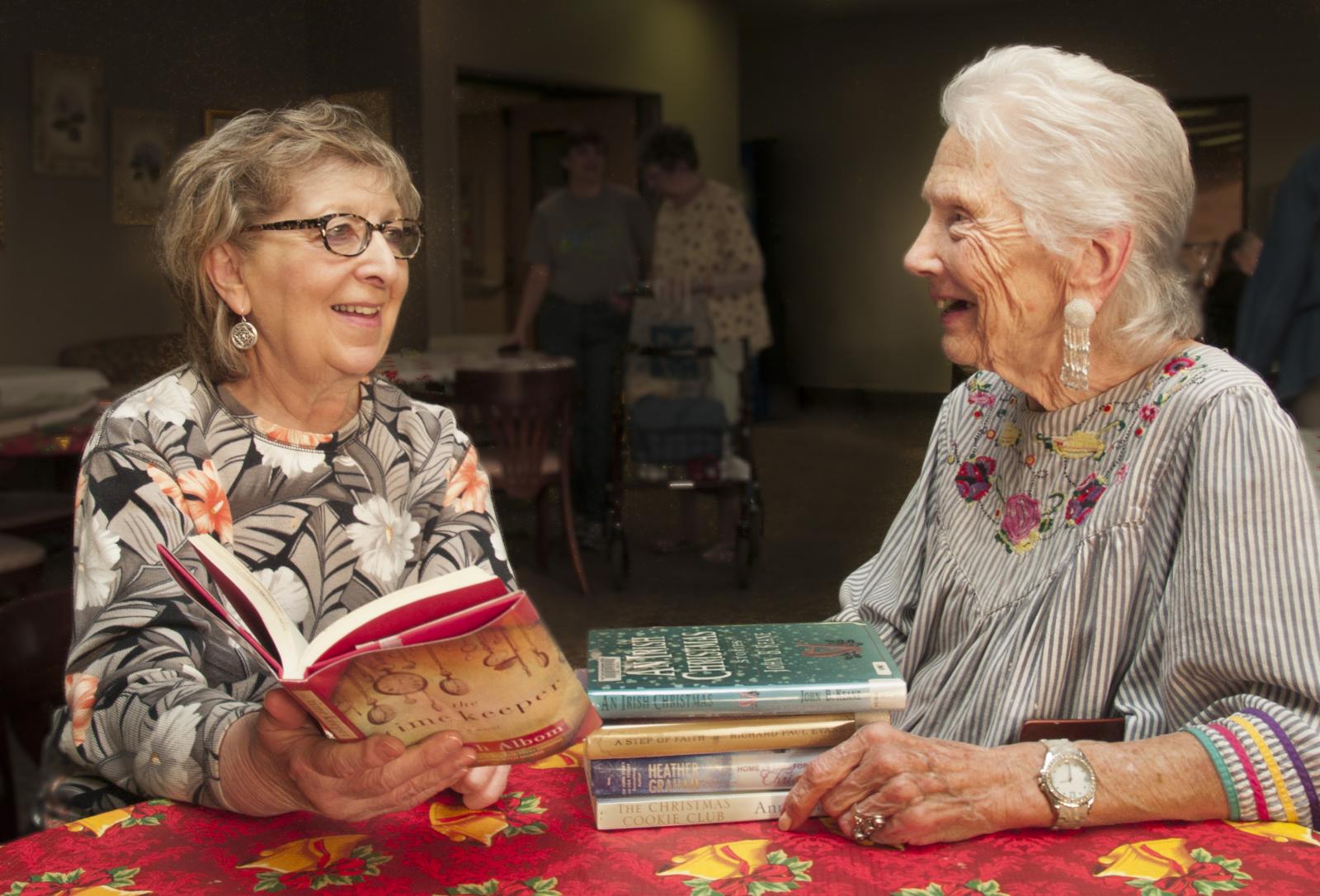Found 3 resources.
Report
Thu, 12/03/2020
 Shared by Housing Is
on Dec 3, 2020
Shared by Housing Is
on Dec 3, 2020
During the COVID-19 pandemic, service coordinators played a pivotal role in the support of older adult residents of publicly funded housing properties. Some independent housing operators employ service coordinators to increase residents’ self-sufficiency, physical security, social connections, and the delivery of long-term community-based supportive services. This report presents results from a survey conducted between June 23 and July 17, 2020 to explore the experiences of these service coordinators during the early months of COVID-19. At the time of the survey, about one-third of respondents were aware of at least one resident on the property who had tested positive for COVID-19.
The survey revealed the pandemic’s impact on the lives of older residents of publicly funded housing. Professional support systems that typically provided personal assistance and medical care were interrupted, threatening residents’ physical and mental health. Transportation and resource acquisition systems were also unsettled, creating barriers to activities of independent living such as shopping to acquire food and medication. Social challenges were particularly acute during the early months of the pandemic. Residents demonstrated signs of anxiety and loneliness as their typical experiences of community life were muted. And, while health guidelines and novel benefit programs emerged at a steady clip, communication systems had to be modified from largely in-person formats to accommodate a population of older adults without consistent access to technological platforms.
Community development, Housing, Mental health, Seniors
 Shared by Housing Is
on Dec 3, 2020
Shared by Housing Is
on Dec 3, 2020
Research
Mon, 08/05/2019
 Shared by Steve Lucas
on Aug 5, 2019
Shared by Steve Lucas
on Aug 5, 2019
CLPHA developed a general data sharing template that public housing authorities (PHAs) and their health partners can customize to suit their data sharing and collaboration needs. Please feel free to comment to share any uses/modifications your organization made to implement into a partnership.
Affordable Care Act, CLPHA, Community development, Data sharing, Depression, Domestic violence, Dual-eligibles, Dual-generation, Health, Healthy homes, Housing, Low-income, Medicaid / Medicare, Mental health, Metrics, MTW, Obesity, Partnerships, Preventative care, Racial inequalities, Research, SAMHSA, Substance abuse, Sustainability, TA
 Shared by Steve Lucas
on Aug 5, 2019
Shared by Steve Lucas
on Aug 5, 2019
News Article
Tue, 01/08/2019
 Shared by Housing Is
on Jan 16, 2019
Shared by Housing Is
on Jan 16, 2019
SNAP is the first line of defense against senior hunger and frees up funds for health care and housing. This is important because one way struggling seniors often meet rising health care and other costs is by cutting back on or skipping meals — coping strategies that can exacerbate existing health problems. SNAP improves the health and well-being of seniors by reducing the negative health impacts of food insecurity, including diabetes, hypertension and depression.
 Shared by Housing Is
on Jan 16, 2019
Shared by Housing Is
on Jan 16, 2019
Topics
- Community development 2 Apply Community development filter
- Housing 2 Apply Housing filter
- Mental health 2 Apply Mental health filter
- Affordable Care Act 1 Apply Affordable Care Act filter
- CLPHA 1 Apply CLPHA filter
- Data sharing 1 Apply Data sharing filter
- Depression 1 Apply Depression filter
- Domestic violence 1 Apply Domestic violence filter
- Dual-eligibles 1 Apply Dual-eligibles filter
- Dual-generation 1 Apply Dual-generation filter
- Health 1 Apply Health filter
- Healthy homes 1 Apply Healthy homes filter
- Low-income 1 Apply Low-income filter
- Medicaid / Medicare 1 Apply Medicaid / Medicare filter
- Metrics 1 Apply Metrics filter
- MTW 1 Apply MTW filter
- Obesity 1 Apply Obesity filter
- Partnerships 1 Apply Partnerships filter
- Preventative care 1 Apply Preventative care filter
- Racial inequalities 1 Apply Racial inequalities filter
- Research 1 Apply Research filter
- SAMHSA 1 Apply SAMHSA filter
- Seniors 1 Apply Seniors filter
- Substance abuse 1 Apply Substance abuse filter
- Sustainability 1 Apply Sustainability filter
- TA 1 Apply TA filter
